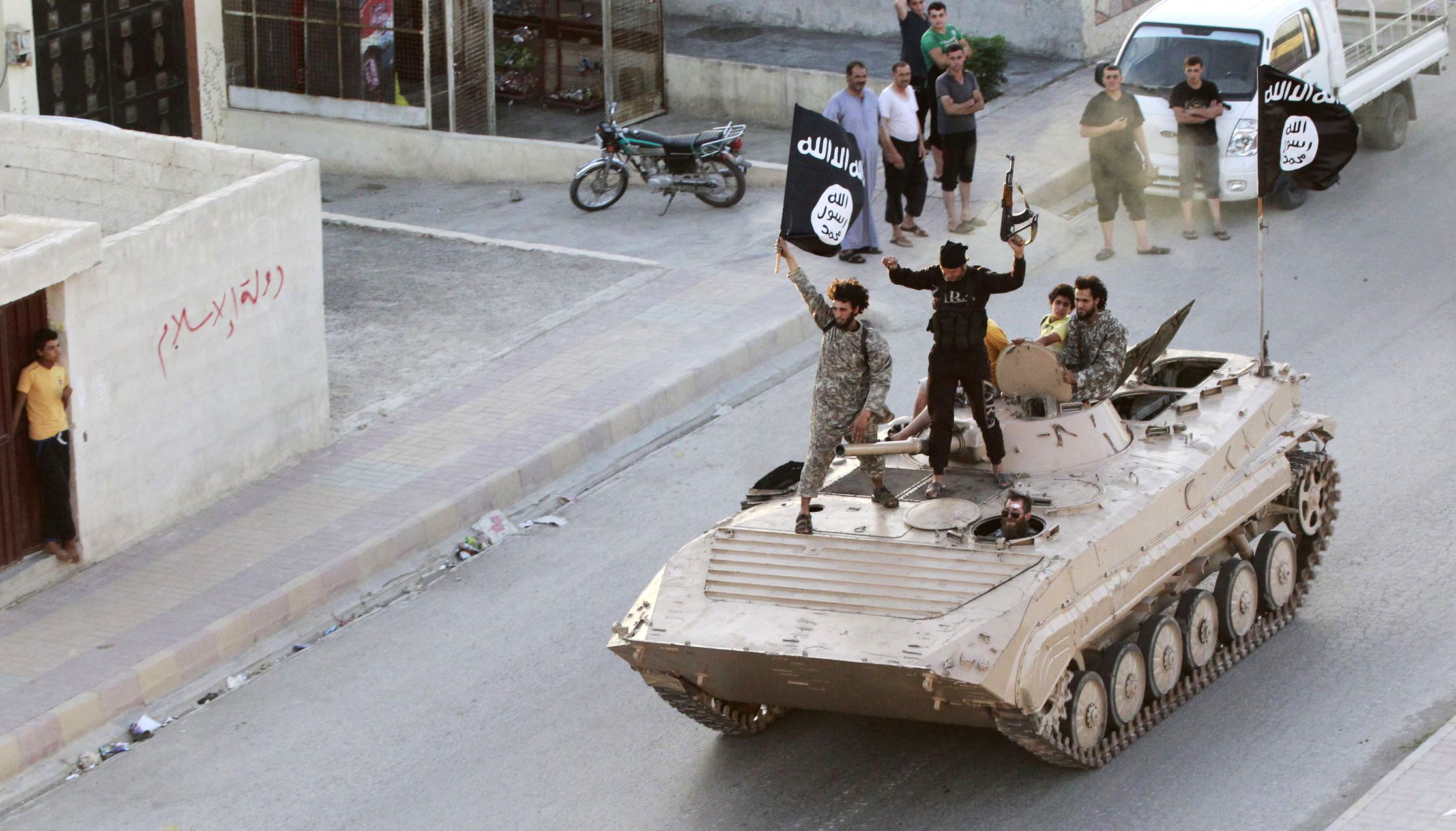
Long before the Islamic State militant group (ISIS) founded its self-proclaimed "caliphate" across Syria and Iraq in 2014, its predecessor organizations Al-Qaeda In Iraq and Islamic State in Iraq were wreaking havoc across the country.
Former Prime Minister Tony Blair, who committed the U.K. to joining the U.S.-led invasion of Iraq in 2003, has sought to downplay the significance of the war in ISIS's rise, stressing that the collapse of Syria following the 2011 "Arab Spring" uprising provided a space where the group could develop its economic and military foundations.
But declassified intelligence documents included in Sir John Chilcot's report into the war, published Wednesday, emphasize how chaotic and violent conditions in Iraq spawned the group's earlier incarnations and helped them to thrive.
ISIS began life as an Iraqi franchise of Al-Qaeda, led by the notoriously brutal Jordanian jihadi Abu Musab al-Zarqawi, who transformed his independent jihadist group al-Tawhid wal-Jihad into a local force for Al Qaeda in 2003.
An April 2005 assessment by Britain's Joint Intelligence Committee (JIC) included in Chilcot's report warned that the Islamist insurgencies launched in response to the invasion had increased the group's strength in the area. "Al Qaeda has capitalized on the Iraq jihad," it said, and a later assessment in June went further, declaring that "The merger of Al-Zarqawi's organization with Al-Qaeda…has firmly placed it in a pre-eminent position in Iraq…a unified jihadist command may be emerging. Iraq is now seen by Al Qaeda as its main theater of operations."
The documents highlight how, as the coalition occupation of Iraq continued and the process of political reconstruction struggled to involve Sunni people and parties, Al-Zarqawi and other leaders after his death played on sectarian tensions to grow the strength and influence of their group.
By March 2007, the JIC judged Al Qaeda in Iraq to be "the single largest Sunni insurgent network" in the country. "The lack of progress by the Iraqi government in delivering any tangible progress on national reconciliation, combined with spiralling sectarian violence, has helped bolster support for [Al Qaeda in Iraq]," it wrote. Earlier, in 2006, it noted how Sunni nationalists and religious extremists shared "common aspirations" in restoring Sunni power and removing coalition forces.
By 2008, the JIC thought the threat from the group was substantially reduced; it was, "Down but not out." But the report is clear that by the end of the U.K.'s time in Iraq it had left a legacy of Sunni-Shia sectarian grievance and division. "Although the borders of Iraq [in 2009] were the same as they had been in 2003," the report reads, "deep sectarian divisions threatened both stability and unity. Those divisions were not created by the coalition, but they were exacerbated by its decisions."
Uncommon Knowledge
Newsweek is committed to challenging conventional wisdom and finding connections in the search for common ground.
Newsweek is committed to challenging conventional wisdom and finding connections in the search for common ground.
About the writer
Josh is a staff writer covering Europe, including politics, policy, immigration and more.
To read how Newsweek uses AI as a newsroom tool, Click here.








